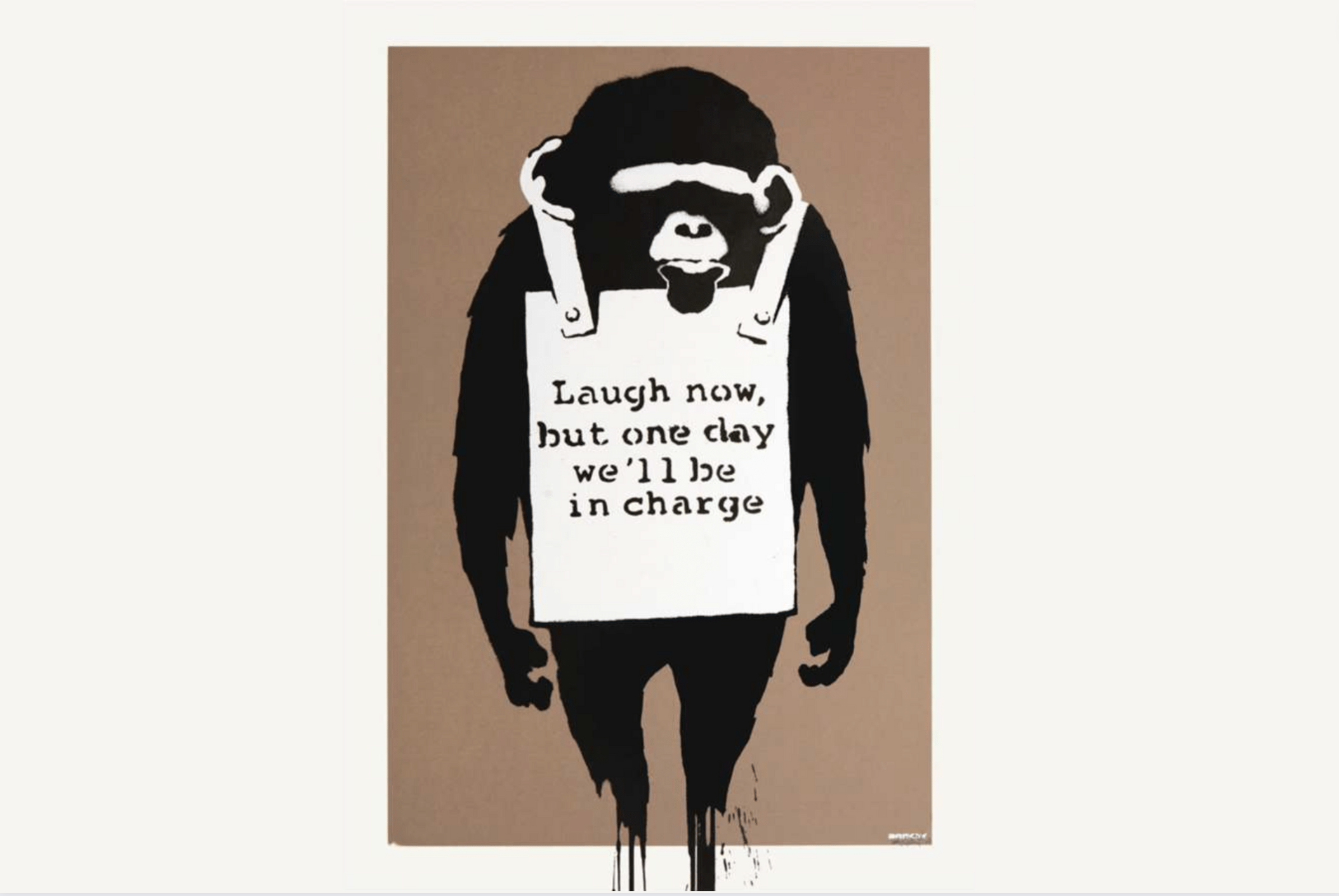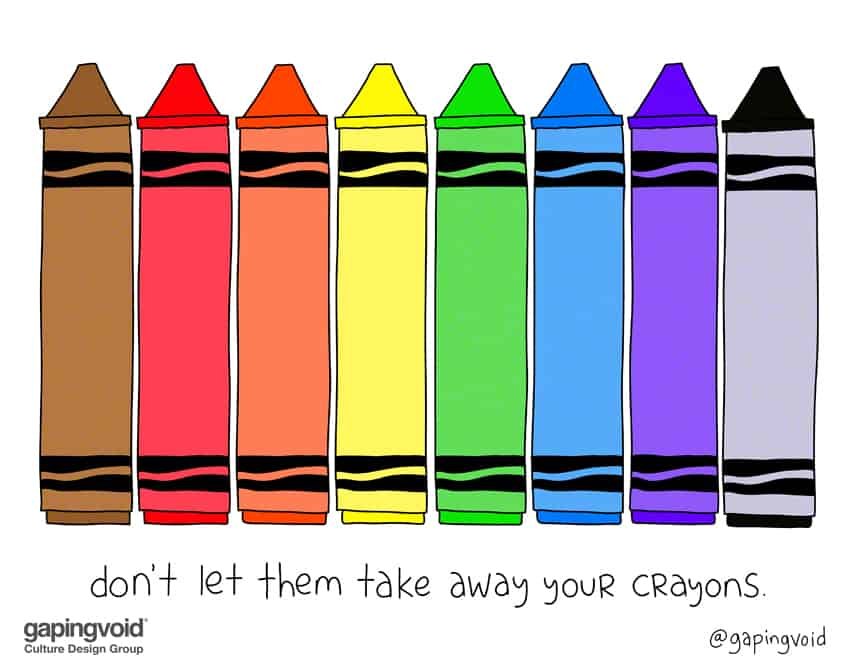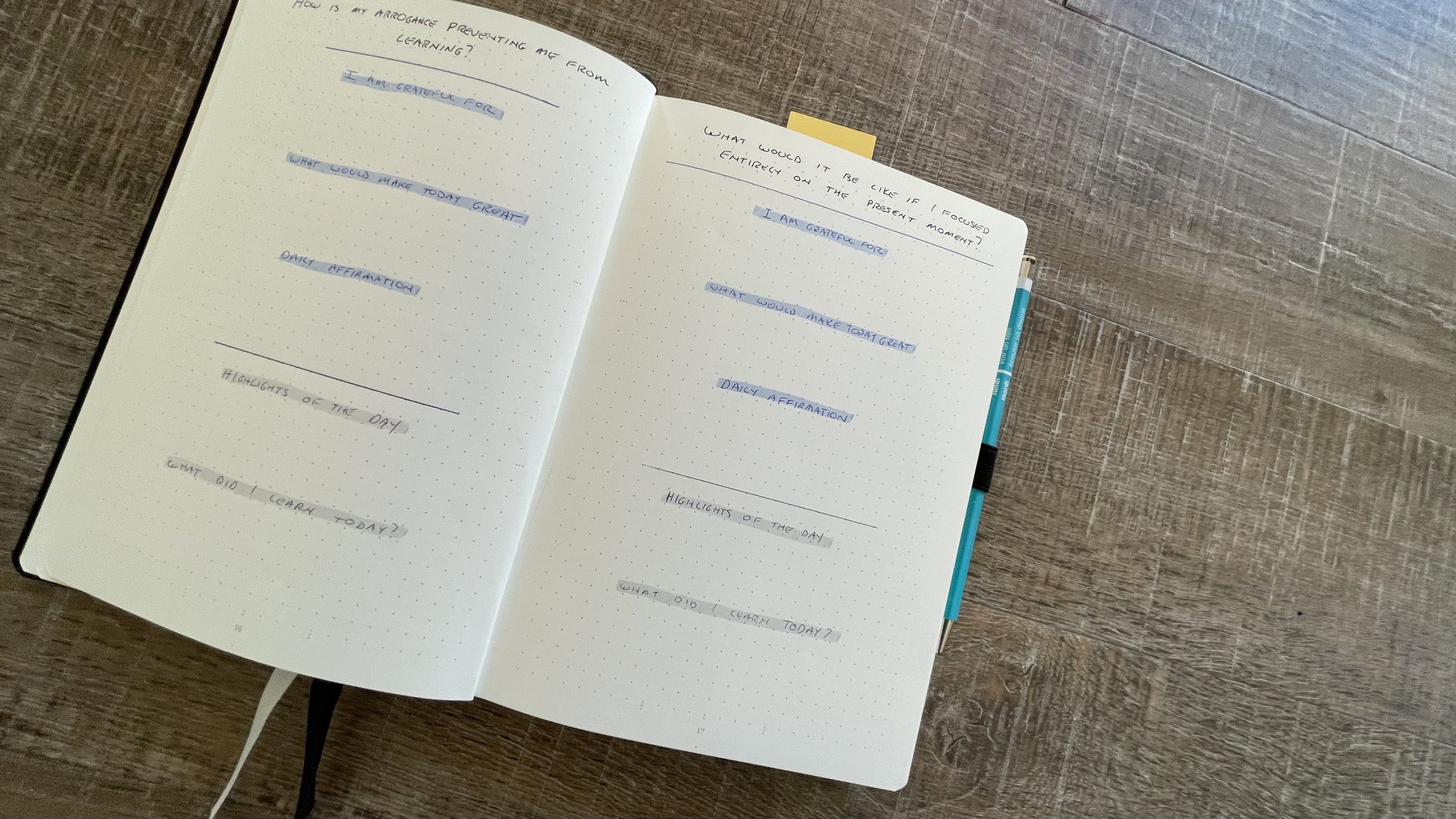Why (and How) You Should Keep a Data Science Journal
Virginia Woolf, Thomas Edison, Mark Twain, da Vinci, Susan Sontag, Barack Obama, Richard Branson did and do it every day. Why don’t you?
Keep a journal to be a better data scientist. William Palmer suggests this in 7 Mistakes Junior (and Not So Junior) Data Scientists Make. It might be the best advice you can heed.
The benefits of journaling are well known. Leaders and legends did and do it: Virginia Woolf, Thomas Edison, Mark Twain, da Vinci, Susan Sontag, Barack Obama, Richard Branson. Studies show journaling can improve our health, happiness and help us grow.
Palmer advises data scientists journal to:
Track intermediate and step-wise insights
Review and question your assumptions
Pause to keep you on track
Break progress down into small, intermediate steps
Separate your love-life journal from your data science one :)
His advice heeds Gall's Law, which says complex problems designed from scratch never work. Journaling helps reduce projects to their simplest possible form and iterate. Programmers call this agile development. UX designers call it paper prototyping and usability testing.
I'm a failed journaler. I'd get bogged down in detail. I didn't feel I was getting value from it. Eventually, I found a system that works, is free and can take just 5 minutes a day. It's a combination of techniques from Tim Ferriss and Ryan Holiday. See below.
Journal for any aspect of your life
Journalling works for any pursuit that repays reflection. Data scientists can be grateful for an insight, look forward to trying a new algorithm that springs to mind quietly in the morning, or affirm to reflect on the business implication of the question you’re trying to answer.
Iris González, a consultant, writer, and founder of Startups San Antonio, encourages startup leaders to keep, distill and share insights from their journal publically, "When your head's down, it's easy to forget your progress over time. The notes you take can help as you build your company, keep your LinkedIn profile fresh, and share your insights and milestones.”
Journal. Emperors, presidents, and legends did it; why not you?
A Simple and Effective Journaling Method
So you've tried and given up? Got mired in detail? You're not alone. If you’d like to try again, try this.
1. Wake up early, get grounded. In the morning, relax before you journal. Any ritual will do. Some people meditate. Ryan Holiday goes for a walk with his kids and does his chores on his property. Others quietly enjoy a cup of coffee. As Holiday says in the Art of Journaling, the key is to clear your mind.
2. Journal in the morning and at night. Once you’re settled in the morning, journal. In How I Journal, Tim Ferriss explains his process. He reflects on three prompts:
What am I grateful for,
What would make today great, and
An affirmation.
At night, before bed, there are just two prompts:
Highlights of the day, and
What did I learn today?
That’s it. Ferriss recommends using this journal, which has these prompts pre-printed on each page and an inspirational quote each day.
It’s the questions, format, and brevity matter, not the book. For example, I love beautiful, quality paper, so I use the Leuchtturm1917 Bullet Journal and add Ryan Holiday's Daily Stoic Journal prompts.
Here's what I use:
My journal
So relax, reflect, and take 5 minutes to write 13 one-line entries every day. The focus is insight and reflection, not essay writing.
3. Rapid Review and Reflection. The next secret is rapid review. Since the journal is short, review your insights in a few minutes to gain perspective, remind yourself of your intentions, see flaws in your thinking, spot patterns, and develop new avenues of understanding.
4. Successive summarization. Finally, pick a day of the week and month to summarize your new habits and insights. Successive summarization helps cement lessons into habits.
5. Do it every day. Aristotle said, “We are what we do repeatedly. Excellence is not an act, it’s a habit.” As my journal says: "Tired? Thanks for sharing. Write it anyway. Have a headache? Thanks for sharing. Write it anyway. Have an early morning? Thanks for sharing. Write it anyway." If you miss a day, start again. Habit is the key.
William Palmer is my nephew, and his first article inspired me to write this. Awesome!
The Journaling Habits of Inspiring People
I love this list of journaling habits of inspiring people from Ryan Holiday.
Charles Darwin began keeping his "little diary" at 29. He filled the pages with everything he could remember from his life until he was up to date and shifted his journaling to notable daily events.
Thomas Edison recorded his day's most mundane events and details. "Went into a drug store and bought some alleged candy, asked the gilded youth with the usual vacuous expression, if he had any nitric peroxide, he gave a wild stare of incomprehensibility," Edison wrote on July 19, 1885.
General George S. Patton had a section for his daily affirmations, like "Do your damnedest always," "Always do more than is required of you," and "You can be what you will to be."
Thomas Jefferson took weather measurements such as temperature, wind speed, and precipitation.
Beethoven journaled what he wished he would have said in a prior conversation.
Ben Franklin charted his progress with his personal improvement program thirteen virtues.
George Marshall jotted down the names of everyone he met in his journal and made notes of the character traits he observed.
Leonardo da Vinci wrote little fables to himself.
Susan Sontag journaled lists: movies seen, books read or to read, places to eat and drink, cities she hoped to visit, notable artists, words and phrases she liked.
Virginia Woolf used her journal for "practicing or trying out the art of writing."















